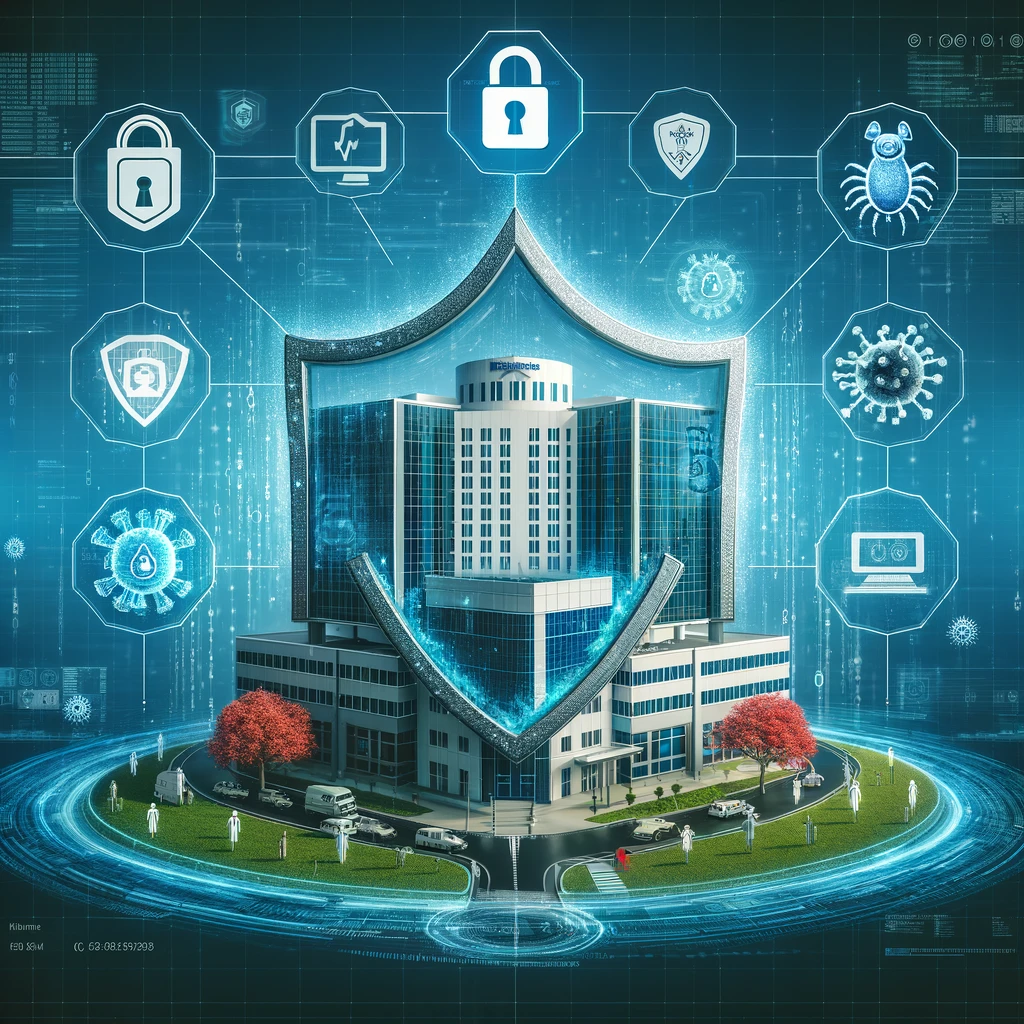In recent years, the healthcare industry has found itself in the crosshairs of cybercriminals, with ransomware attacks becoming alarmingly frequent and costly. These attacks not only lead to significant financial losses but also disrupt healthcare services, potentially putting lives at risk. The costs associated with ransomware attacks in healthcare extend beyond the ransom payments themselves to include system downtime, data recovery efforts, increased insurance premiums, potential legal liabilities, and damage to reputation.
The Financial Impact
The financial impact of ransomware on the healthcare industry has been staggering. According to a report by Cybersecurity Ventures, the global damage costs due to ransomware are expected to reach $20 billion by 2021, with healthcare organizations being among the most heavily targeted. This figure represents a 57-fold increase in just five years, highlighting the rapid growth of this threat.
The cost implications for healthcare providers can be broken down into several key areas:
- Ransom Payments: While paying the ransom is controversial and not recommended by security experts, some organizations opt to pay to quickly restore access to critical systems and patient data.
- System Downtime: Healthcare operations are heavily dependent on electronic systems. Downtime caused by ransomware attacks leads to canceled appointments, delayed treatments, and the diversion of emergency patients to other facilities.
- Data Recovery and System Repair: Recovering encrypted data and repairing compromised systems can be an expensive and time-consuming process, requiring specialized expertise.
- Compliance Penalties: Healthcare organizations are subject to strict data protection regulations. Breaches resulting from ransomware attacks can lead to hefty fines under laws such as HIPAA in the United States.
- Increased Insurance Premiums: As the frequency of ransomware attacks increases, so do the premiums for cyber insurance, adding to the overall cost burden for healthcare providers.
CRS Networks’ Role in Mitigating the Threat
In response to the growing threat of ransomware, Managed Service Providers (MSPs) like CRS Networks are stepping up to offer comprehensive cybersecurity solutions tailored to the healthcare industry. CRS Networks leverages a multi-layered security approach to protect healthcare organizations from ransomware and other cyber threats. Here’s how they are making a difference:
- Proactive Monitoring and Threat Detection: Implementing advanced monitoring tools to detect and respond to threats before they can cause damage.
- Data Backup and Recovery Solutions: Ensuring that critical patient data is regularly backed up and can be quickly restored in the event of an attack, minimizing downtime and data loss.
- Employee Training and Awareness: Providing training programs for healthcare staff to recognize phishing attempts and other common vectors for ransomware infections.
- Security Assessments and Compliance: Conducting regular security assessments to identify vulnerabilities and ensure compliance with healthcare regulations.
- Incident Response Planning: Helping healthcare organizations develop and implement incident response plans to efficiently manage and recover from ransomware attacks.
By partnering with an MSP like CRS Networks, healthcare providers can significantly strengthen their defenses against ransomware. This not only protects their financial assets but, more importantly, ensures the continuity and reliability of healthcare services for the patients who depend on them.
The cost of ransomware to the healthcare industry is more than just financial; it affects every aspect of patient care delivery. As these threats continue to evolve, so too must the strategies to combat them. Through comprehensive cybersecurity measures, proactive monitoring, and employee training, organizations like CRS Networks are at the forefront of safeguarding the healthcare industry from the devastating impact of ransomware.
